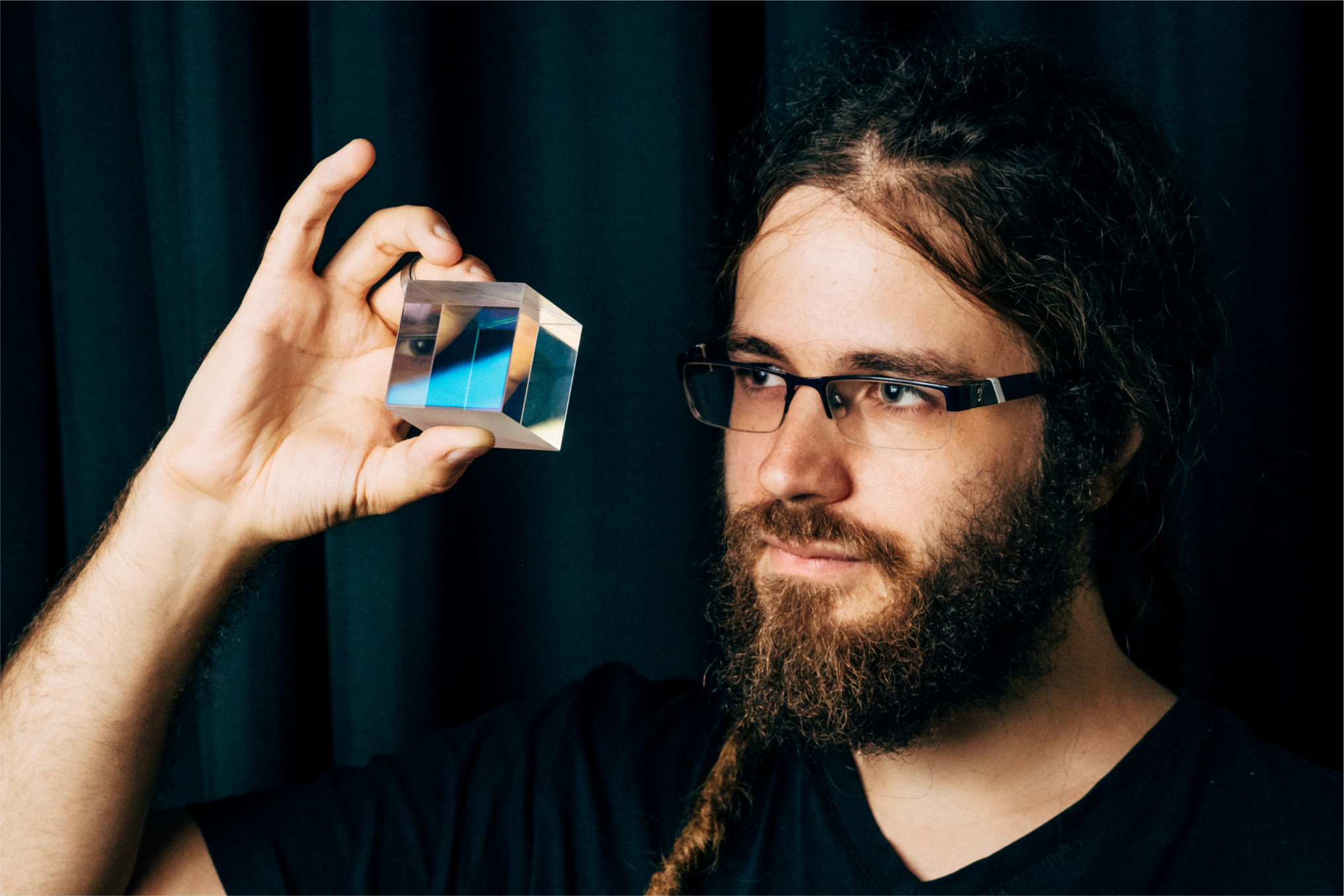
Quantum physics works very well – as long as you only want to explain small systems that consist of just a few particles. Large things are not normally described with the equations of quantum physics, but with the laws of classical physics. But what happens when a quantum system (such as an atom) comes into contact with something large, such as a measuring device? This is one of the most difficult questions in physics, to which no truly satisfactory answer has been found to date.
Prof. Marcus Huber from the Institute of Atomic and Subatomic Physics at TU Wien is taking a closer look at such questions. On the one hand, he wants to boost the breakthrough of modern quantum technologies and their practical application, on the other hand, new theoretical insights are to be gained in order to better understand quantum theory itself. The European Research Council ERC has now awarded him an "ERC Consolidator Grant", one of the most prestigious and highly endowed grants in the European research landscape.
What is time?
The basic laws of physics do not actually distinguish between the past and the future. "There are only two areas of physics in which the direction of time plays a decisive role," explains Marcus Huber. Firstly, thermodynamics: it tells us that entropy increases in closed systems. Ordered states usually become more disordered, the opposite only happens very rarely. Secondly, the quantum-physical measurement process: a quantum system, which is initially isolated, comes into contact with its environment. Before that, it may have been in any quantum state; afterwards, only very specific "classical" states are possible. This process cannot normally be reversed either.
"It is fair to assume that these two fields – thermodynamics and the measurement process in quantum physics – have something to do with each other at a very fundamental level," says Marcus Huber. "Therefore, we want to understand quantum theory statistically, similar to how thermodynamics can be used to understand statistical quantities such as pressure and temperature."
The basis for new technology
Thermodynamics was the basis for the industrial revolution: without it, steam engines or combustion engines would not have been possible. Marcus Huber hopes that new insights into the theory of quantum systems and quantum measurements could similarly form the basis for new quantum technologies: "Our theories can be used to explain how well you can control certain quantum systems, and how efficient that is."
There are many applications for this – from "quantum refrigerators" that enable extremely low temperatures to the transmission of quantum information and a future quantum internet. "It is very important for us to also conduct experiments ourselves and to collaborate with experimental research groups around the world," says Marcus Huber. "With new theoretical insights, it is also possible to calculate where the limits of previous quantum technologies lie, and which of them can perhaps be overcome."
Marcus Huber
Marcus Huber studied physics at the University of Vienna, where he also completed his doctorate in 2010. He then worked at the University of Bristol, the University of Barcelona and the University of Geneva. In 2016, he returned to Vienna as a group leader at IQOQI (the Institute for Quantum Optics and Quantum Information of the Austrian Academy of Sciences). Since 2020, he has been a professor (assoc. Prof.) at TU Wien, his diverse and international research group is based at both IQOQI and TU Wien. Marcus Huber has already been able to attract many highly endowed research grants and win prestigious science awards – including a Marie Curie Fellowship from the EU (in 2011) and the START Prize from the FWF (2015). He is also the founder of the Vienna-based journal Quantum, which is now one of the top journals in quantum research.

